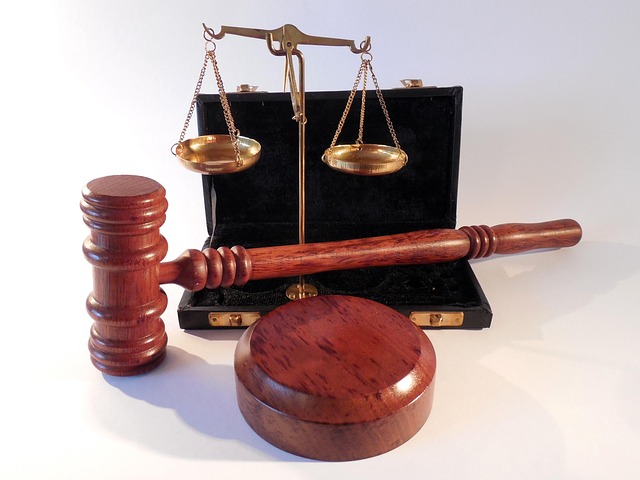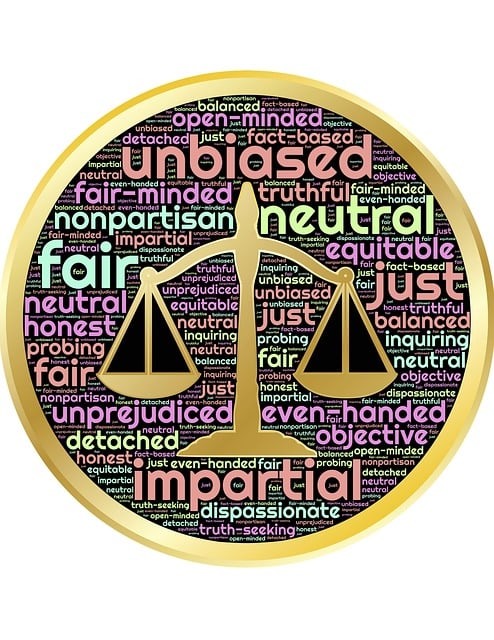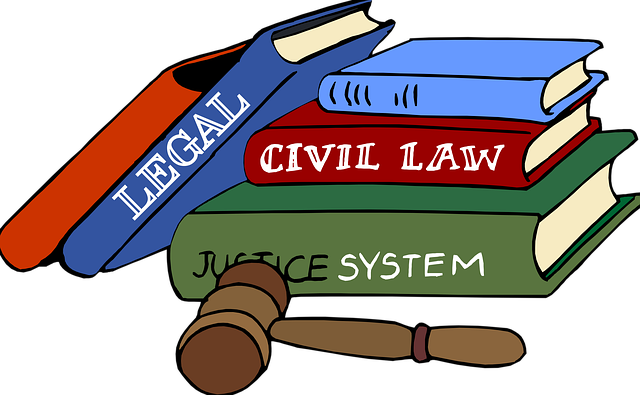Financial fraud, driven by digital advancements, requires strategic prosecutorial discretion to navigate its complex landscape. This discretion impacts case outcomes, balancing offense severity, evidence, and victim interest. Advanced data analytics enhances detection, while robust legal frameworks ensure accountability. Thoughtful prosecution, prioritizing justice and transparency, deters fraud, strengthens the financial system, and maintains public trust.
Financial fraud is a complex, evolving threat with significant economic impacts. This article delves into the multifaceted landscape of financial fraud detection, exploring key dynamics and strategies. We dissect the role of data analytics in uncovering fraudulent schemes, analyze legal frameworks and their influence through prosecutorial discretion, and discuss ethical considerations shaping case outcomes. Understanding these elements is crucial for navigating the intricate world of fraud prevention and secure economic futures.
- Understanding Financial Fraud Dynamics
- Role of Data Analytics in Detection
- Legal Frameworks and Prosecutorial Discretion
- Strategies to Enhance Case Outcomes
- Ethical Considerations in Fraud Prosecution
Understanding Financial Fraud Dynamics

Financial fraud is a complex and ever-evolving crime, demanding a nuanced understanding of its dynamics to effectively detect and prevent it. The landscape of financial fraud has shifted dramatically with the digital age, presenting new challenges and opportunities for both perpetrators and investigators. From sophisticated cyberattacks to elaborate schemes involving money laundering and identity theft, the methods used by fraudsters are becoming increasingly intricate.
The impact of prosecutorial discretion on case outcomes plays a significant role in financial fraud detection. This strategic decision-making process influences the course of justice at every stage of the investigative and enforcement process. An unprecedented track record of successful prosecutions can deter potential fraudsters, while careful consideration during all stages ensures that cases are pursued based on solid evidence and legal merit, ultimately strengthening the integrity of the financial system.
Role of Data Analytics in Detection

The role of data analytics in financial fraud detection has become increasingly significant, transforming the way law enforcement agencies and investigators approach these complex cases. With the vast amounts of data generated daily, advanced analytics techniques enable professionals to uncover patterns and anomalies indicative of fraudulent activities. By leveraging machine learning algorithms, these systems can process and analyze large datasets quickly, identifying potential red flags that might be overlooked during manual reviews. This capability is crucial in the context of white collar and economic crimes, where fraudsters often employ sophisticated methods to conceal their illicit actions.
Moreover, data analytics facilitates a more precise assessment of evidence, which has a direct impact on case outcomes. The insights derived from these analyses can influence strategic decisions, including whether to pursue jury trials or settle out of court. The power of this technology lies in its ability to achieve extraordinary results by enhancing the accuracy and efficiency of fraud detection processes, ultimately supporting law enforcement in their efforts to combat financial fraud more effectively.
Legal Frameworks and Prosecutorial Discretion

The detection and prosecution of financial fraud are significantly shaped by robust legal frameworks designed to deter, investigate, and penalize offenders. These laws vary across jurisdictions but share common goals of protecting investors, maintaining market integrity, and ensuring accountability. Legal frameworks play a pivotal role in setting guidelines for investigating authorities, defining the elements of fraud, and establishing penalties. However, within these legal boundaries, there exists a crucial variable: prosecutorial discretion.
Prosecutorial discretion refers to the power and decision-making authority granted to prosecutors in determining whether and how to charge individuals or entities involved in financial fraud. This discretion impacts case outcomes significantly. Prosecutors may consider various factors at all stages of the investigative and enforcement process, including the severity of the alleged offense, potential sentence, cooperation from defendants (often seen in white collar defense cases involving corporate and individual clients), and societal interest in pursuing the matter. The exercise of prosecutorial discretion can lead to different outcomes, even for similar types of financial fraud, emphasizing its influence on the effectiveness of fraud detection and deterrence.
Strategies to Enhance Case Outcomes

The prosecution’s discretion plays a pivotal role in shaping case outcomes for financial fraud. This strategic decision-making process involves careful consideration of various factors, including the severity of the offense, evidence strength, and potential impact on victims. By exercising this discretion, prosecutors can enhance the chances of successful convictions and ensure justice is served.
An unprecedented track record of effective prosecution has been achieved by focusing on both corporate and individual clients involved in white-collar and economic crimes. This approach not only deters future fraudulent activities but also sends a strong message that such offenses will not be tolerated. Through meticulous investigation, gathering compelling evidence, and employing innovative legal strategies, the prosecution can significantly improve case outcomes, ultimately strengthening financial fraud detection mechanisms.
Ethical Considerations in Fraud Prosecution

The pursuit of justice in financial fraud cases involves intricate ethical considerations that significantly shape case outcomes. Prosecutorial discretion plays a pivotal role here, as it allows investigators to decide which cases to prioritize and how to proceed with them. This discretion is crucial, especially when dealing with complex schemes involving both corporate and individual clients across the country. The impact of these decisions can be profound—a careful and ethical approach ensures that resources are allocated effectively, protecting the interests of respective businesses and individuals alike without compromising the integrity of the justice system.
Prosecutors must weigh various factors, such as the severity of the fraud, potential harm to victims, and the strength of evidence. Balancing these considerations is essential to prevent abuses of power and ensure that justice is served fairly. Moreover, ethical prosecution involves maintaining transparency, preserving due process rights, and fostering public trust. This approach not only strengthens the legal framework but also encourages cooperation from businesses and individuals, making it a critical aspect of effective fraud detection and deterrence strategies.
Financial fraud remains a complex global challenge, requiring a multifaceted approach. By understanding the dynamic nature of financial fraud, leveraging data analytics, and adhering to robust legal frameworks, we can significantly enhance detection capabilities. Strategies focused on improving case outcomes, coupled with ethical considerations in prosecution, are essential components of this battle. Moreover, the role of prosecutorial discretion cannot be understated; it plays a pivotal part in shaping the effectiveness of fraud prevention efforts and ensuring just and proportional penalties. As we continue to navigate this intricate landscape, staying informed about these key elements is crucial for fostering a more secure financial environment.






